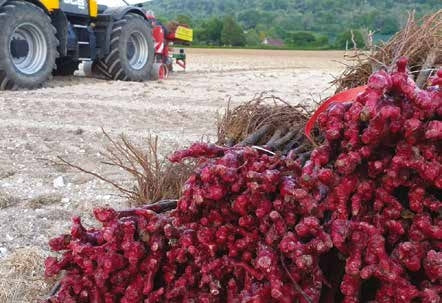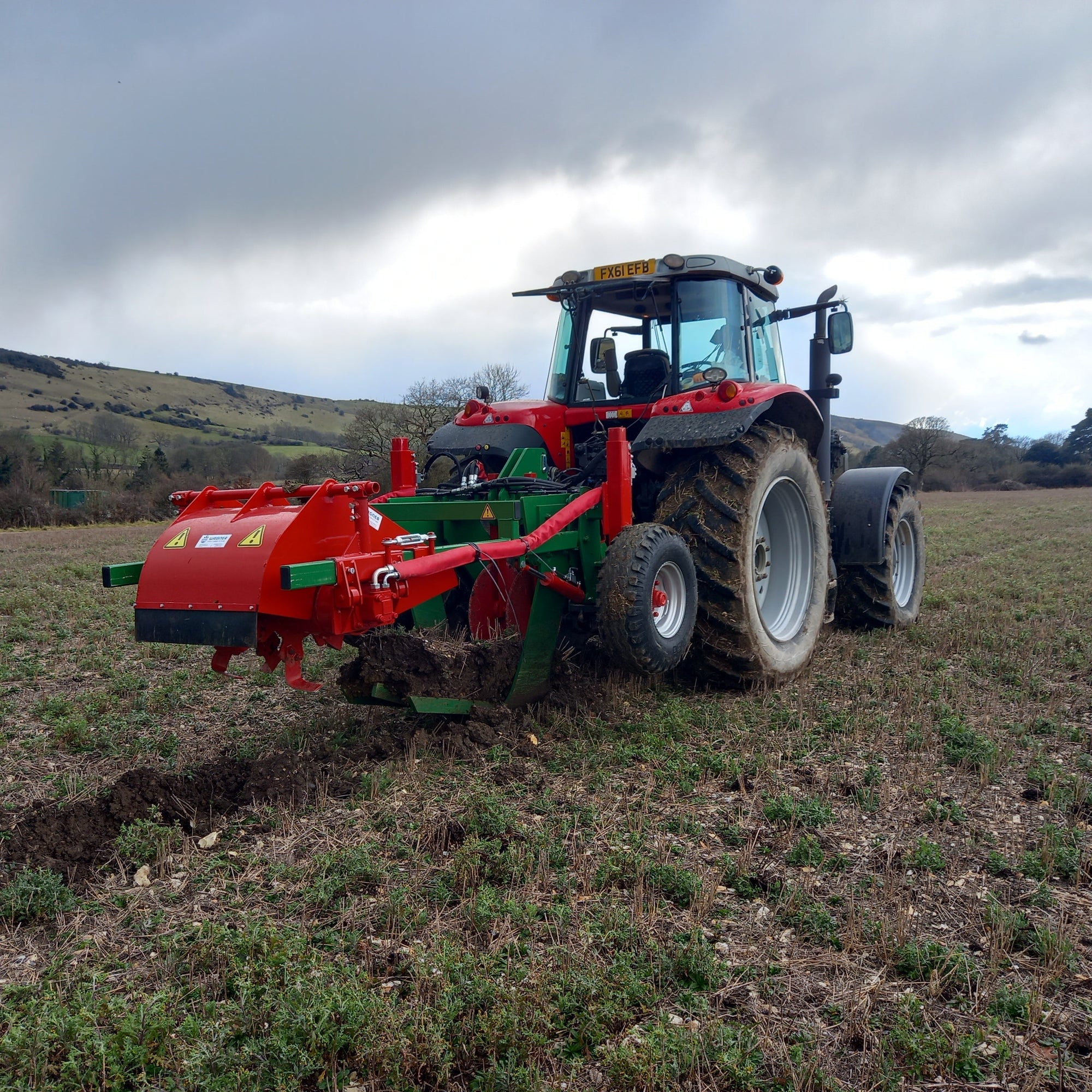

SUSTAINABILITY BEYOND THE VINEYARD
Sustainability is the current buzzword across all industries, not least within the agricultural sector. The vital focus on regeneration, soil health and biodiversity etc is vastly important for ensuring longevity and minimising potentially harmful impacts on our fragile environment. There is a plethora of aspects to consider when analysing your vineyard’s and winery’s environmental standing, but it is also significant to acknowledge the role your wider company plays within this topic. There are many simple tasks which can be implemented to ensure your business as a whole is more sustainably focused and offers a cohesive environmental profile.
According to Deloitte’s 2022 report “How Consumers are Embracing Sustainability”, the consumers’ top five most important environmentally sustainable or ethical practices are:
◆ Producing sustainable packaging and products
◆ Reducing waste in manufacturing processes
◆ Committing to ethical working practices
◆ Reducing carbon footprint
◆ Respect for human rights
The first hurdle to overcome when introducing new sustainable measures is breaking habits – making sustainability easier is the quickest and most efficient way of ensuring all members of staff adhere to and champion the new procedures. Involving all aspects of your business brings the company together to present a united profile highlighting the importance of sustainability as an integral thread throughout.
Performing an environmental audit and calculating your carbon footprint should not be reserved purely for the vineyard. By acknowledging your company’s current position, you can create a strategy to easily implement some or all of the following considerations.
Within the office, (and winery) you should review the availability of natural light and where this isn’t possible, consider the use of occupancy sensors to ensure lights are turned off when not immediately required. The same can be applied to central heating timers. Turning off appliances, especially laptops/PCs, can save a huge amount of energy and increases the lifespan of the product. It is possible to set an auto-shutdown function where devices will turn off at a specified time each evening without losing any open documents.
Other methods to consider in the office include turning used coffee grounds into compost, swapping to eco-friendly cleaning products and donating/disposing of old electronics, (there’s a cupboard of tangled cables in every office). It is widely acknowledged the presence of plants are immensely beneficial for staff wellbeing, both in terms of purifying air quality and enhancing mental health. Creating a green space for staff to eat their lunch or hold meetings is a simple, very effective way to increase productivity and welfare.
Recycled paper consumes up to 50% less energy to produce than virgin paper and is now nearly indistinguishable in quality. Adding a reminder to the bottom of your email signature can help prompt your customers to reconsider before printing. Equally, creating company guidelines for printing can help staff to become aware of their impact and encourage improved methods of working.
The last few years have taught us all that flexible working and working from home are viable options for many, (excluding vineyard and winery staff) and offering the opportunity for these discussions with your staff can benefit everyone – improved mental health, work-life balance, productivity and reduced emissions from commuting. Cycle to work schemes and car sharing are other options for staff to make personal contributions towards your company’s environmental agenda. If you have a fleet of company vehicles, you could consider upgrading to electric cars next time you trade them in. Likewise, you could install an electric car charging point for staff and customers.
Conducting meetings virtually is a fantastic resource for time management, significantly reducing the impact of travel not forgetting the financial savings because of the rising cost of fuel.
It will come as no surprise that packaging and products are at the forefront of sustainable concerns. 57% of Deloitte’s respondents cited affordability as the main barrier when choosing sustainable options. 46% want more clarity on disposal and recycling. Carefully choosing your packaging whether for the end product, (wine bottles, labels, closures...) or for transport, (boxes, pallet wrap, tape...) can be a really effective way of promoting your company’s environmental standpoint. Ensuring your customers actively know about your sustainable choices and are aware of disposal options, adds brand value, trust and customer loyalty.
It can be easy to dismiss the everyday little things or to feel overwhelmed by the enormity of revising a company policy, however the aim for us all isn’t to become perfectly sustainable overnight, but to strive to continuously improve and make changes where and when we can. Small changes can have lasting impacts.



